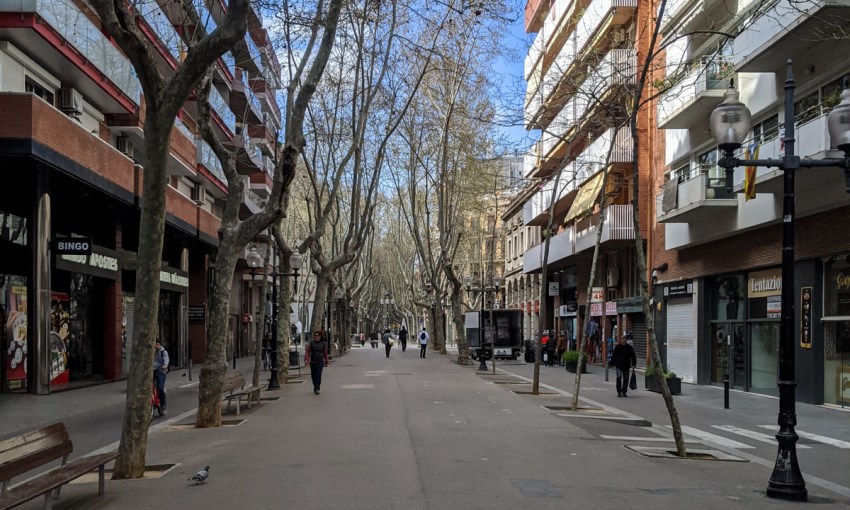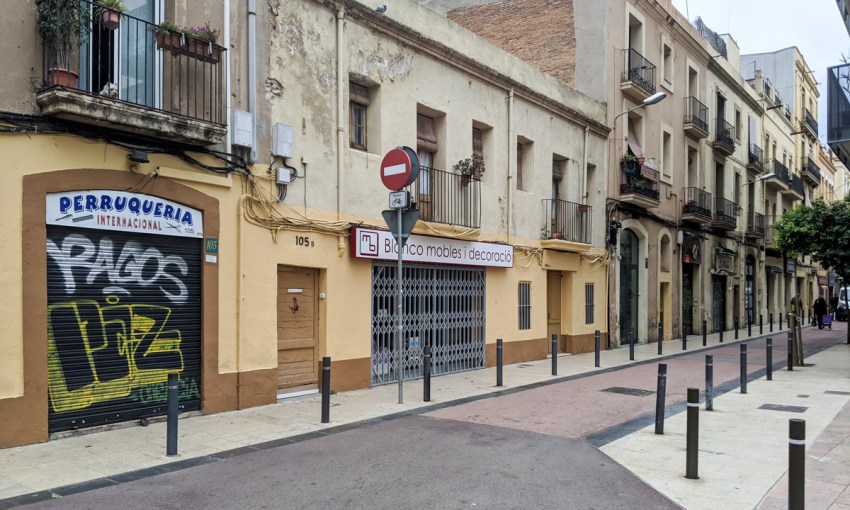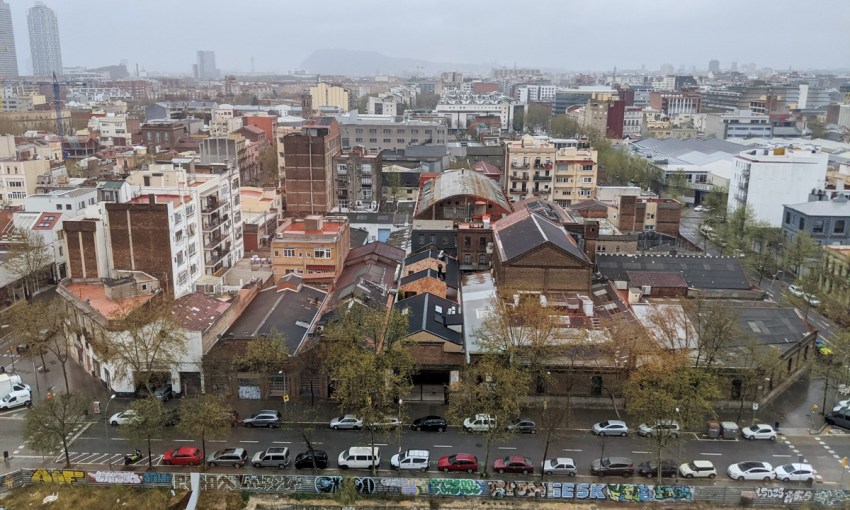Shifting from plans to tour through Italy to being holed up in a Catalan hotel, Adelaide writer Harrison Davies' 2020 European holiday did not quite go to plan.
Adelaidean in isolation: Locked down in Barcelona
SPECIAL REPORT: COVID-19 ADELAIDE
The morning we left Barcelona, we were escorted by a security guard from the lobby of our hotel to the cab waiting on the street.
Harrison Davies is a young, aspiring journalist and writer who has spent most of his life in Adelaide.
He currently works as a barista in the Botanic Gardens.
The cab driver said nothing and was wearing gloves and a mask as he drove us to the airport, where a strict social distancing policy kept us away from other travellers.
It felt surreal. Not just because of the situation, but because just three days earlier we were sipping wine amongst locals on a busy Barcelona promenade.
I was in Europe to rendezvous with my partner, who had been studying French in the South-East of France as part of her degree. After travelling within France we planned on moving toward Italy next, but the status of the coronavirus in Italy got significantly worse so we set our eyes on Spain.
Compared to Italy, which was entering full lockdown, Spain seemed like a safe place to go; at the time we were re-planning our trip, Spain had fewer cases than France .
Our first few days in Barcelona were totally normal. My partner and I flew into El Prat and took the airport bus into town before riding the metro to our hotel.
The following four days we kept our eyes on the news but otherwise enjoyed our time in the Catalan capital. We walked down the narrow cobbled streets and visited as many tapas bars as we could.
Each day we would check the news and watch the number of cases in Spain drastically increase and ask ourselves if we should change our plans and head home early.
It seemed strange reading stories of people panic-buying goods back home in Australia when the virus was getting much worse in Spain and no action seemed to be being taken.
Few signs of anxiety were immediately obvious – fruit vendors weren’t allowing anyone to touch the stock and convenience store clerks had begun wearing masks. But everything felt normal otherwise.
On Friday, we woke to news alerts about an impending state of emergency in Spain, preceding a possible lockdown. We scrambled to change our plans to get home early.
Everything changed drastically overnight. Bars shut, and people scrambled to get what supplies they could at the supermarket.
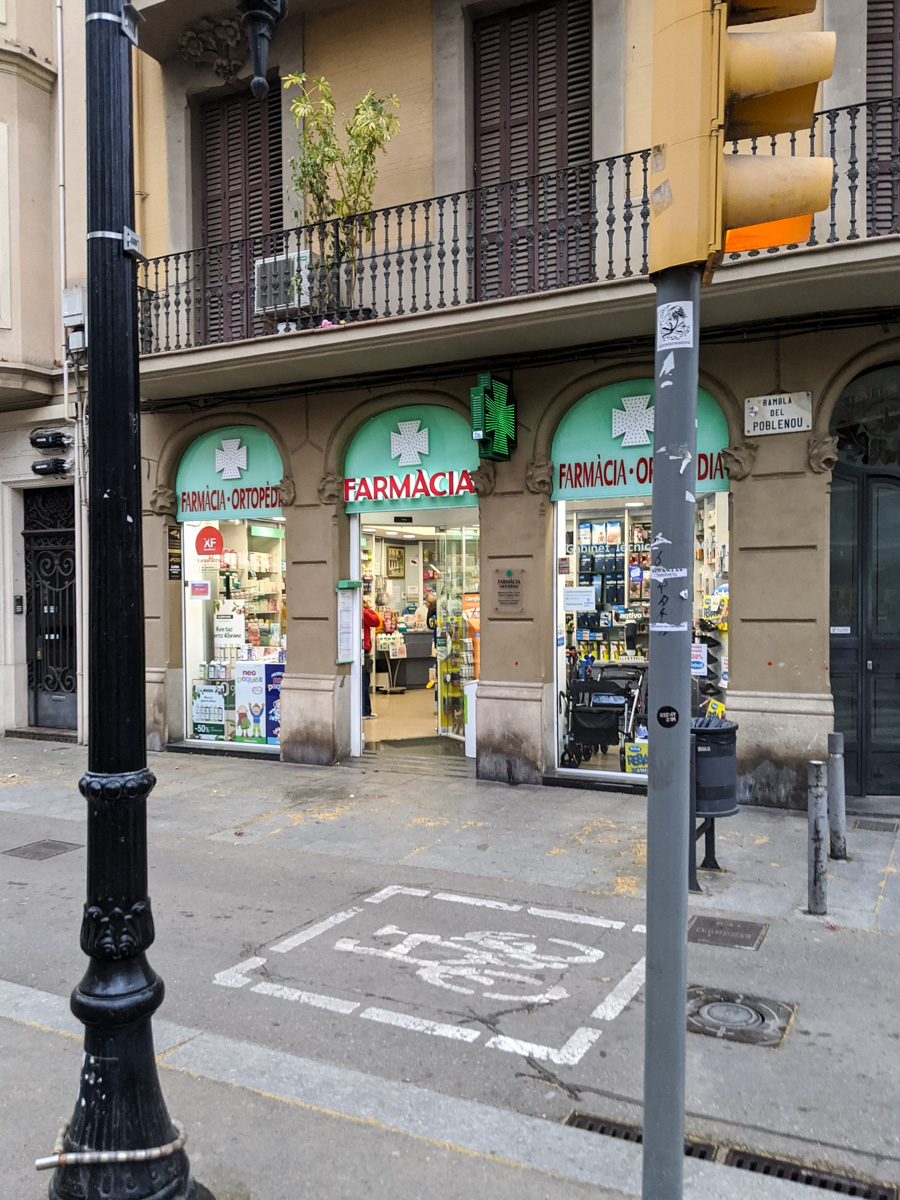
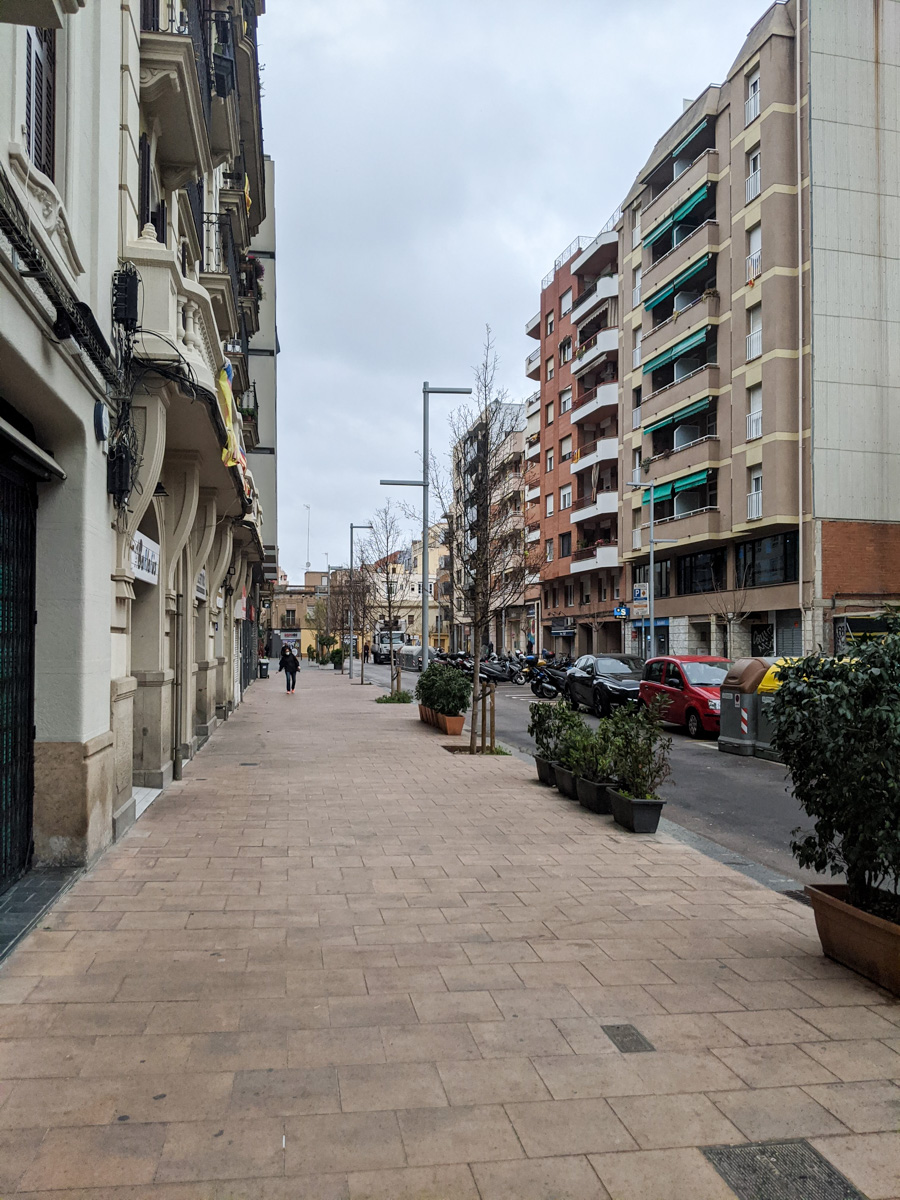
The state of emergency began on the Saturday. We wandered out after breakfast just to see what it looked like and the whole city felt eerie. Everything had stopped, and people were wandering aimlessly around the city looking for other signs of life.
What was a vibrant, colourful city just one day ago had faded to nothing.
We wandered through empty plazas and quiet streets until we reached the beach, which, to our surprise, was packed. Everyone was there with their families – obviously wanting somewhere to be since the rest of the city had closed.
It was a confusing sight, because we assumed people would wait the virus out in their homes.
The next day saw a further escalation. Police lined the streets and turned people back to their homes if they were not coming from or going to the supermarket.
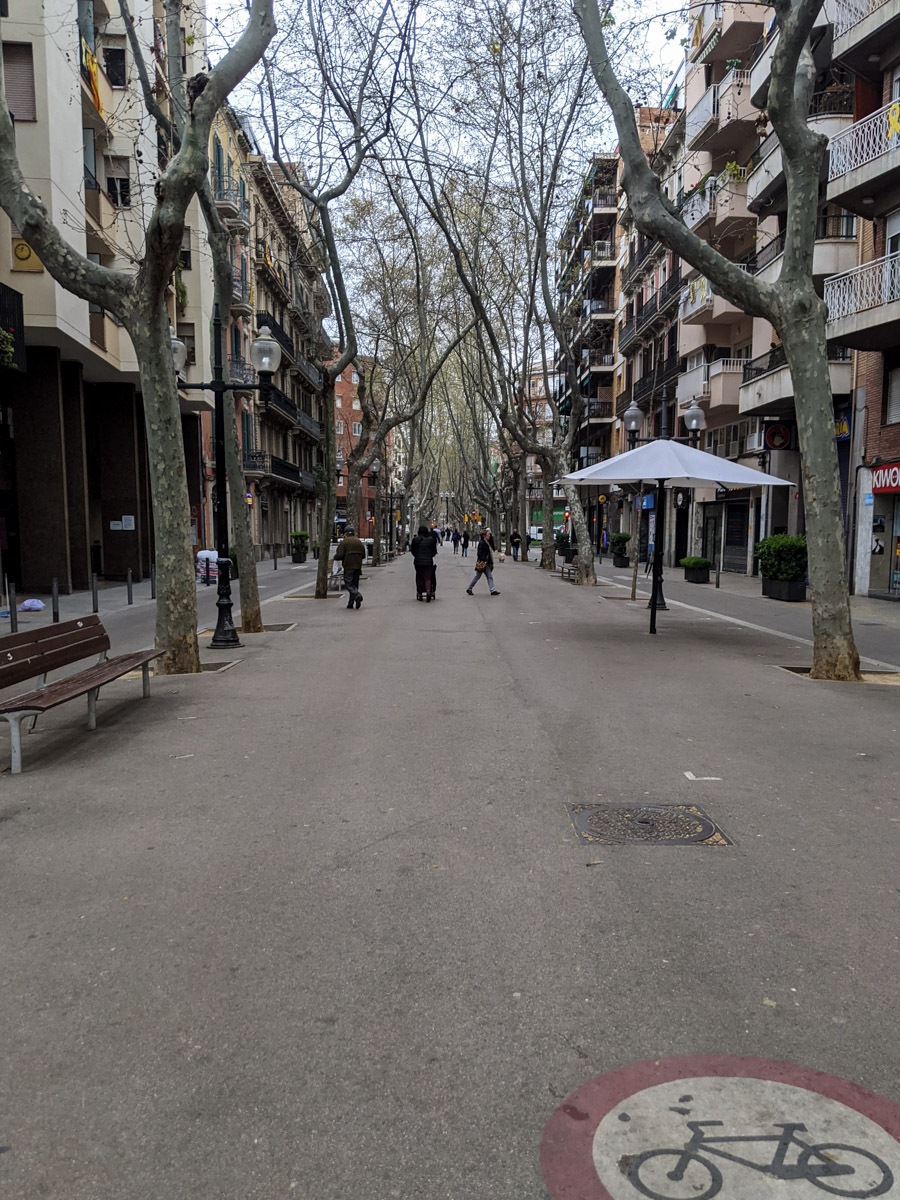
We were promptly scolded and sent back to our hotel, where we stayed for the next few days. The hotel had a deck on the roof, where we went for fresh air, and a restaurant where we ate, but otherwise we were locked in our hotel room for the remaining days of our stay.
We left on a Tuesday morning and weaved through a city of five million people devoid of traffic. After arriving at the terminal, we were immediately faced with signs enforcing a social distancing rule of two metres in the airport. Officials with gloves and masks reminded intrepid travellers of the rule.
It was a fairly simple directive to adhere to, as the terminal was mostly empty. Most of the shops and restaurants were closed. The handful of people on our flight wandered around the empty halls to our gate and onto a sparsely populated plane.
Our first flight was to Doha, Qatar. Upon arrival, it was as if everything we had just seen was imaginary. The airport was full of people coming and going and there seemed to be no rules concerning the pandemic. Something that seemed especially strange considering the size of the airport.
We boarded our flight to Adelaide – also basically empty – and embarked on the final leg of the trip.
We expected a harsh arrival in Australia and were met with immigration only slightly stricter than normal. The officer who interviewed us asked only if we had been to Italy or China and then sent us on our way, where we simply walked through the entry gates and on our way home.
We were given information slips about the mandatory two weeks of self-isolation we would have to do, but other than that it didn’t feel very different from any other time I’d flown into Australia.
So here we are. We have been in isolation since, and it just feels like we have no plans.
We get up each morning and look for chores to be done. We cook meals and watch movies. That’s all there is to be done, really.
It sounds dramatic to be in isolation but it’s mostly about killing time. All we can do is our best as we push forward during these strange times.



